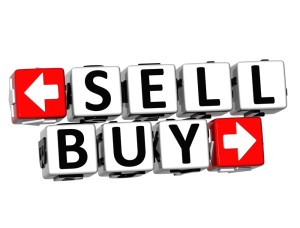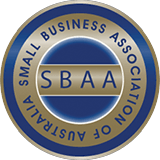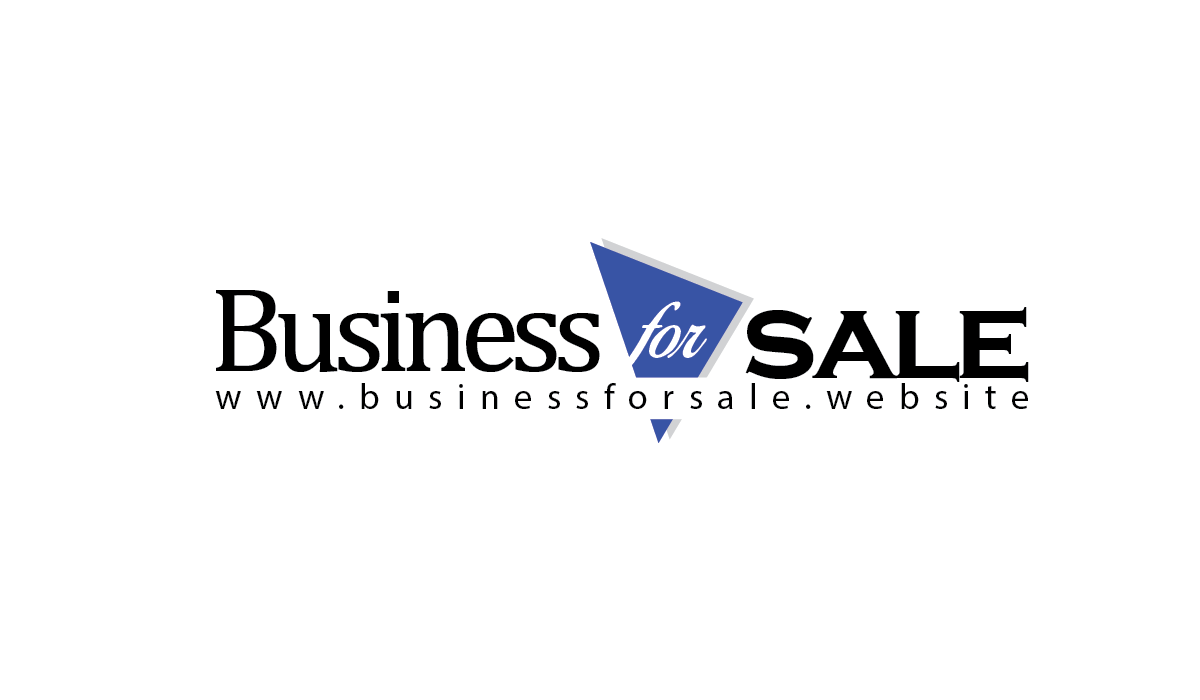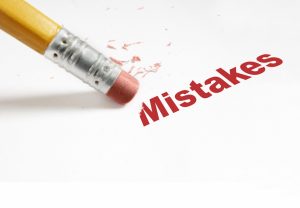
Buying and selling a Business in 2018 in Australia

According to the World Bank.
- It only takes an average of 3 business days to complete procedures and legally set up a business in Australia, making it the fastest place in the world to start a business – but don’t let that rush your decision.
- The lure of a fresh start, establishing your own brand and your own set of principles, with no need to conform to pre-existing expectations of suppliers, customers and staff – and all at a lower initial cost – starting from scratch may seem extremely tempting.
- However with funding to find, customers to entice, and a reputation to forge starting your own business, as exciting as it sounds, can prove extremely difficult.
- With the latest figures, in a study by Inc. and the National Business Incubator Association showing that 80% of start-ups fail within the first 5 years, unable to generate a profit – buying a business has become an increasingly popular choice.
Advantages of buying a business.
- In an economic climate where many entrepreneurs are struggling to keep their start-ups afloat, buying and expanding an already established business may be the way forward.
- Through buying rather than starting, your chances of success are increased, the risk factor lowered and revenue is created from the first day of trading under new ownership.
- Instead of working from hypothetical outcomes, buying a business produces definitive results rather than cash flow projections.
- The ability to determine profit percentages and turnover rather than working from pro forma budget projections is a definite plus, especially if finance is an issue.
- Already established within the community, a bought business bypasses some of the difficulties associated with start-ups, such as earning a good reputation, training employees, building up credit ratings and referral business.
- Alongside an established market presence and reputable relationships with suppliers, perhaps the most important part of buying a business is the pre-existing customer base.
Things to consider.
- The higher cost of buying may be off-putting, inclusive of assets, profits, tax and legal issues and liabilities – the seller will have invested a lot of time and money in their business and won’t be willing to sell at a loss.
- A percentage of the cost also covers ‘goodwill’ – an investment in the pre-existing customers – it may be intangible, but it’s a key asset to any company.
- However preserving this ‘goodwill’ requires upkeep: a high percentage of customers will stay loyal despite a change in ownership if you look after their needs.
- As with any important decision there are advantages and disadvantages and both require the time to think carefully.
- The idea of starting your own business, and making it ‘your own’ may seem idealistic but it’s not impossible if you are willing to take into account the risk factor – and may suit you better if you have a new product.
- Both options have their drawbacks and benefits and are by no means easy, there may be less risk involved in buying a business but despite this there are still questions that you need to ask yourself.
- Avoid any surprises by carrying out due diligence checks before you sign away.
Next Steps.
- Information about businesses for sale in Australia will be listed in local directories, online, in magazines and through the services of business brokers. If you’re interested in buying a business make sure you think about:
Employing the right people.
- Make sure you employ an accountant who knows the locality, the market, competition and the business history and potential.
The Vendor.
- Look into the reasons behind the sale – are there any liabilities that could cause potential extra costs and legal consequences?
- Does the business have a bad reputation? Damaged client base? Any outstanding debt? Research the current marketing strategies – how does the current vendor obtain customers?
Budgeting.
- Make sure you’re only paying what you can afford, don’t overstretch yourself financially and find out if there any fixed and variable costs, staff costs or advertising costs?
Sales & profits.
- Conduct some market research. What is the customer base? Can you establish any buying patterns or trends, do you know who the customers and the suppliers are? To get a better picture of the forecasted returns and future financial needs look at the projected financial statements.
Tax.
- What taxes will apply? Take into account Goods and Service Tax (GST), Capital Gains Tax, Stamp Duty implications etc. and ask to see the tax returns from the past five years to establish the financial worth.
Location
- Ask yourself questions like is it a primary trading area?
- What is the economic outlook?
- And what are the demographics and the competition?
History.
- What has worked and what hasn’t for the previous owner. Learn from the past as it is likely to impact your future,
Legal Agreements.
- are there any registered trademarks, copyrights, patents, intellectual property etc. are there any assets or leases? Take care reading the purchase agreement and review it carefully.



